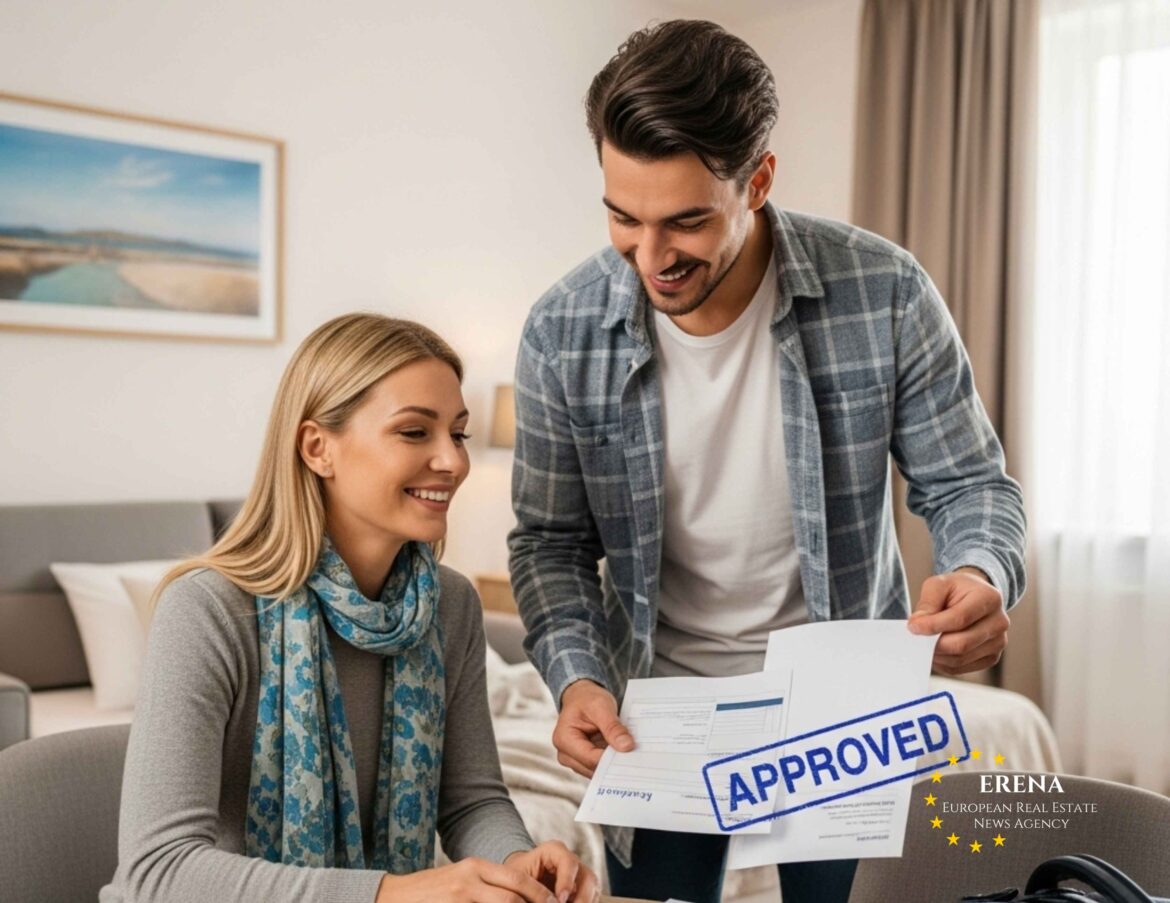In a world where housing prices and inflation continue to rise, many homeowners are turning to short-term rental platforms as a means of earning extra income. Transforming a part of your own home into a legal BnB (Bed and Breakfast) can be a smart, flexible, and lucrative solution—provided it’s done properly and in accordance with local laws.
This guide walks you through everything you need to know to start your own legal home BnB and begin generating revenue quickly.
Why Start a Home-Based BnB?
Operating a small, legal BnB from your home offers several benefits:
- Steady additional income
- Low initial investment
- Full control of schedule and operation
- Use of underutilized space
- Higher property value due to improvements
Depending on location and setup, a well-managed home BnB can generate anywhere from €1,000 to €3,000 per month.
Step 1: Understand Local Regulations
Before welcoming guests, it’s essential to comply with your local laws. Regulations for short-term rentals and home-based hospitality businesses vary greatly across countries and cities.
You may need:
- A business license or special permit
- To register your listing with municipal authorities
- To limit the number of rental nights per year
- To comply with fire and health safety codes
- Permission from your building association (in apartments)
For example, cities like Paris, Berlin, and Barcelona only allow short-term rentals in primary residences and often cap rentals at 120 nights per year.
Step 2: Prepare Your Space for Guests
A successful BnB doesn’t require luxury—it requires cleanliness, comfort, and thoughtful amenities. Even a small room can attract travelers if:
- It is separated or has a private entrance
- It has access to a private or shared bathroom
- It offers clean bedding, towels, and furniture
- There is heating, air conditioning, and Wi-Fi
- The space is tidy, odor-free, and safe
Extra features that boost ratings and income:
- Access to a kitchen or coffee corner
- Self-serve breakfast or snacks
- Local maps and guidebooks
- Small touches like umbrellas, plug adapters, or phone chargers
Step 3: Create Listings on Rental Platforms
To attract guests, create profiles on major booking platforms like:
- Airbnb
- Booking.com
- Vrbo
- Agoda Homes
- Local niche platforms in your country
Tips for a successful listing:
- Use high-quality photos of every area
- Write a clear and welcoming description
- Highlight house rules, amenities, and check-in times
- Mention unique aspects like “walk to the river” or “pet-friendly”
Step 4: Set the Right Price
Pricing should reflect:
- Seasonality (higher rates in summer and holidays)
- Your neighborhood and competition
- Level of comfort and services offered
- Length of stay and number of guests
Example: In central Prague, a private room can rent for €40–70 per night, while a room in a suburban house may earn €20–35.
Use dynamic pricing tools available on platforms to maximize earnings.
Step 5: Deliver Great Guest Experience
Positive reviews are the foundation of success. To earn 5 stars:
- Respond to inquiries quickly
- Be courteous and helpful
- Provide local tips or a welcome letter
- Offer contactless check-in if preferred
- Keep the space clean and fresh
Regular cleaning and ongoing maintenance will prevent complaints and maintain guest satisfaction.
Step 6: Track Your Income and Taxes
Even if you’re renting one room, your income is taxable.
You must:
- Report rental income to tax authorities
- Pay applicable taxes (income tax, tourist tax if required)
- Track expenses such as cleaning, repairs, or utilities
Many hosts use simple accounting tools or hire a part-time accountant to stay compliant.
Risk Management
Risks include:
- Unruly or damaging guests
- Noise complaints
- Platform suspensions due to rule violations
- Insurance gaps
Tips to reduce risks:
- Install entry cameras or noise sensors (where legal)
- Use Airbnb’s Host Guarantee or third-party insurance
- Read guest reviews before accepting a booking
- Clearly define and enforce house rules
Conclusion
Launching a legal BnB in your own home is a practical and rewarding way to monetize unused space and meet travelers from around the world. With the right preparation and compliance, you can turn your house into a small but profitable hospitality business.

